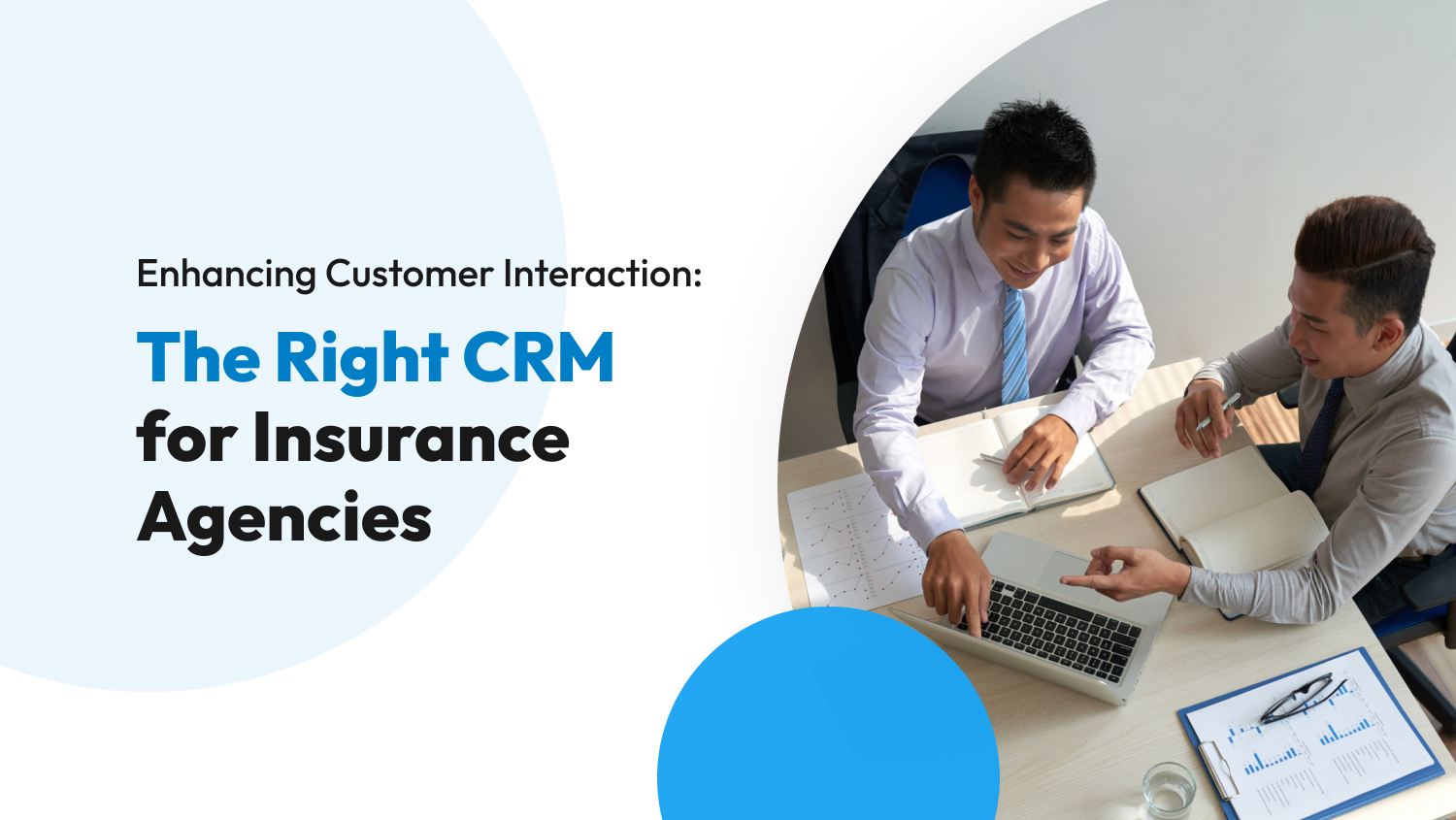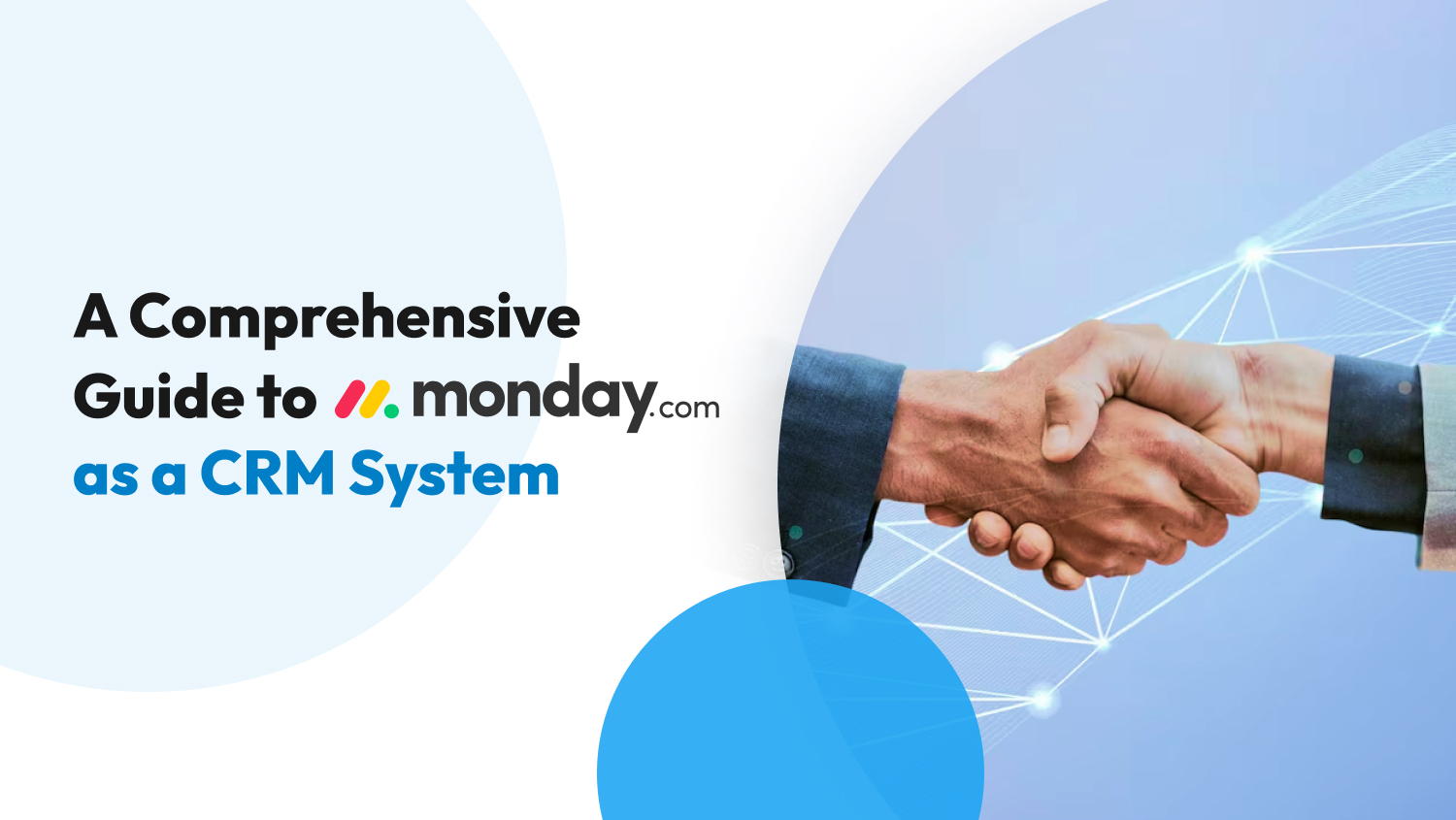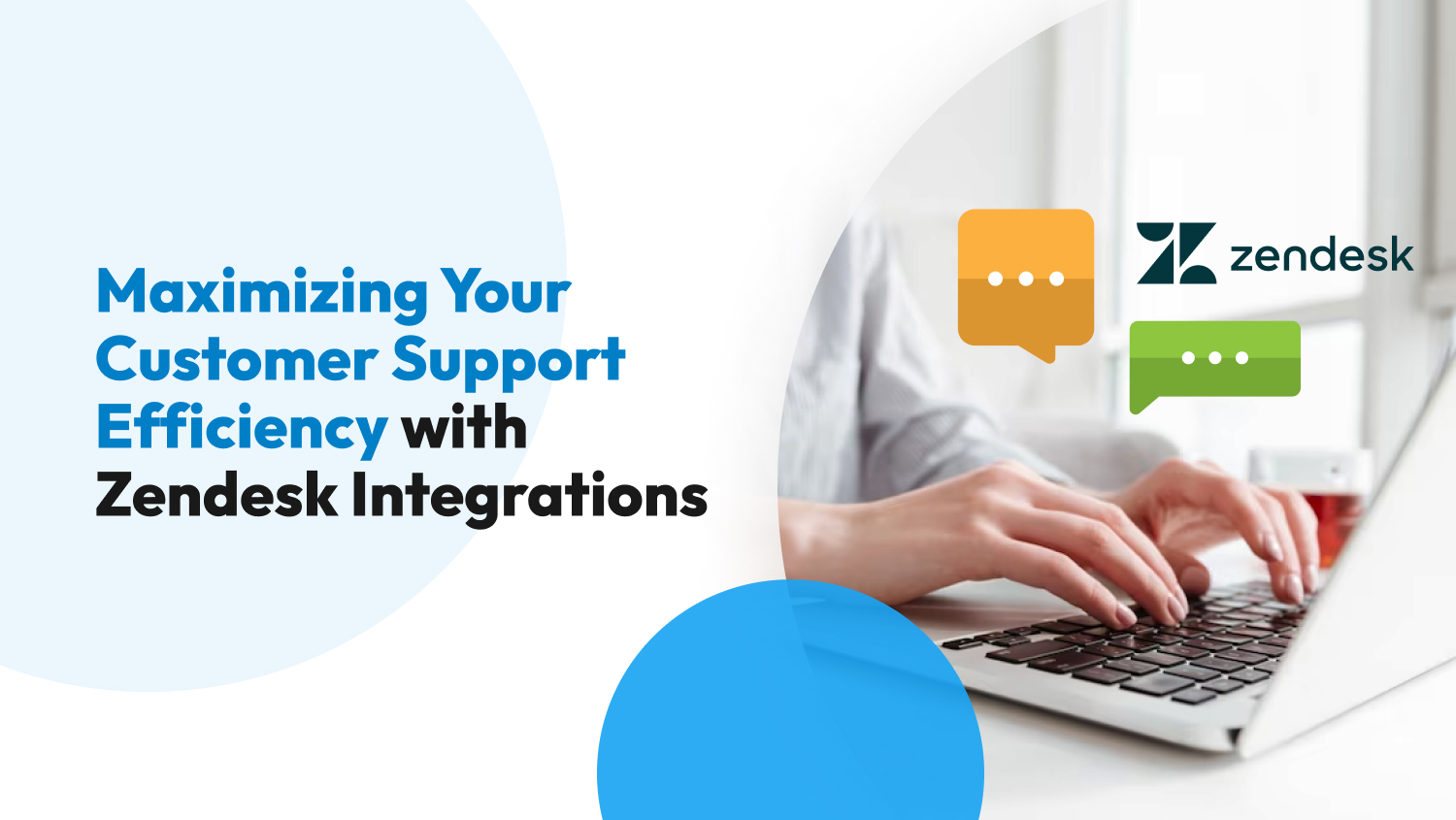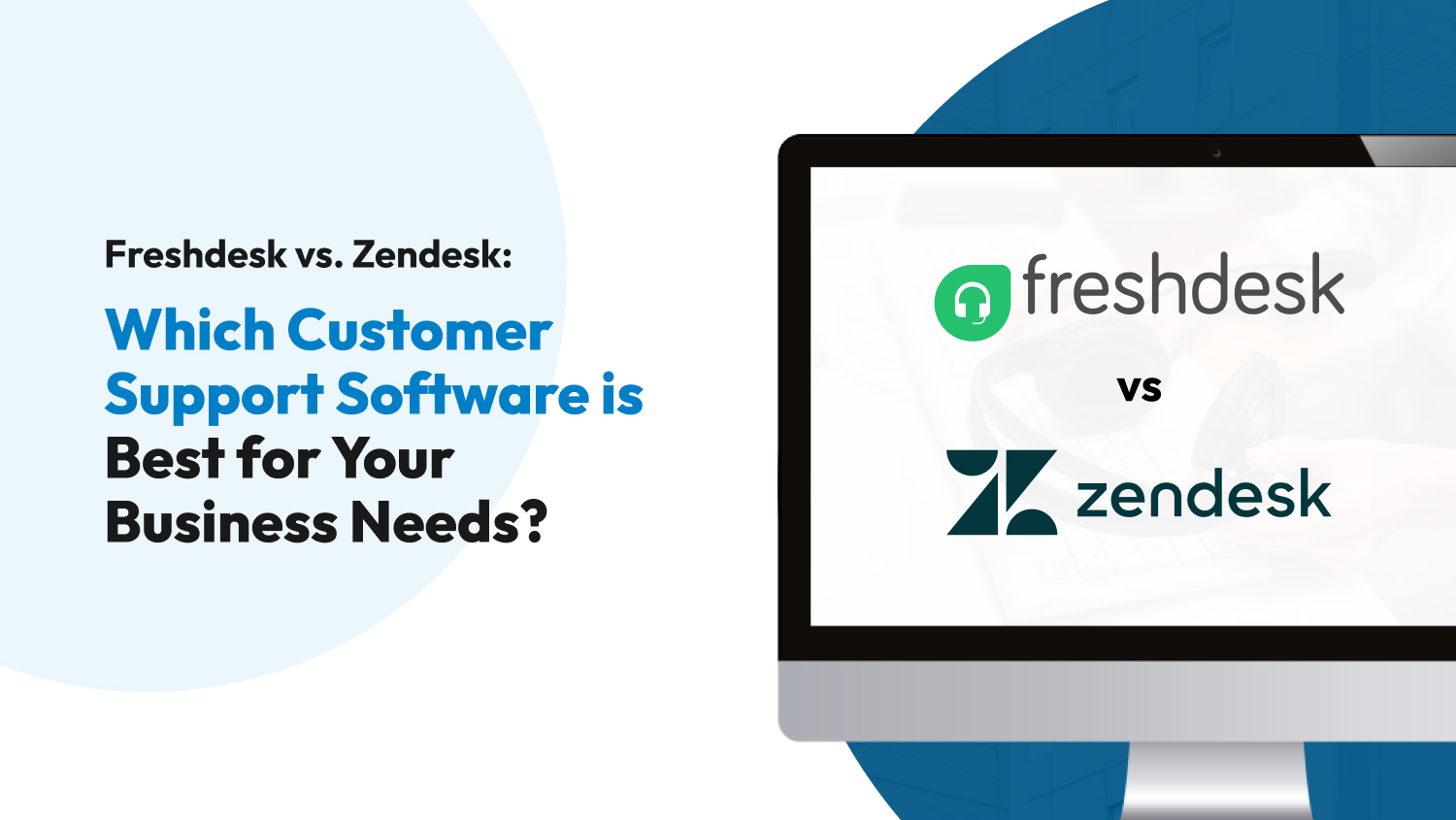CRM
Enhancing Customer Interaction: The Right CRM for Insurance Agencies
The CRM you choose can make your life easier as an insurance agent as this tool enables you to do more without spending more resources. Learn as much as you can about CRMs for insurance agencies, so you won’t have any issues choosing one perfect for your unique needs.
Statista forecasts that the global insurance market will grow at a compound rate of at least 9% annually and reach about 8 trillion US dollars in 2026. This growth is driven by many factors, namely emerging technologies and the creation of new products and services.
As the global insurance market continues to evolve, insurance agencies should do the same. Being able to adapt to the changes in the industry makes insurance agencies more competitive, innovative, and relevant. Most importantly, it helps insurance agencies remain client-centric.
The right Customer Relationship Management or CRM tool can become key for insurance agencies to adapt. But since there are too many options available, choosing one can be tough.
Let this article guide you on everything you need to know about CRM for insurance agencies.
What Are the Key Features of CRM for Insurance Agencies?
It’ll be easier for insurance agencies to narrow down their options if they know the key features to look for in a CRM. Being equipped with this information also guarantees that agencies end up using a CRM that makes their workflows easier and more efficient.
In general, insurance agencies should choose a CRM that offers the following features:
Commission Computing
The global insurance industry relies on sales, which is why commissions are a part of their daily workload. CRMs for insurance agencies should include accounting and financial tools, like commission computing. This will save agencies resources from manually computing commissions.
Email Marketing
Insurance agencies are always on the lookout for new leads. An email marketing campaign is an excellent way of targeting leads, so choose a CRM that has built-in email marketing tools. These usually include email templates and workflow automation.
Referral Marketing
Referrals are crucial among insurance agencies because relationships between insurers and their customers are built on trust. Look for CRMs with referral capacities to help you exchange contact information between customers, companies, and agents with ease.
What Are the Benefits of Using CRM for the Insurance Industry?
There is a learning curve when you use a CRM for the first time and integrate it into your daily routine. But going through this process is worth it because this tool offers plenty of benefits, namely:
Improved Data Management
The insurance process is extensive — no wonder why agents handle a ton of information from customers all the time. This increases your risk of data loss and errors.
CRM software collects and stores customer data, so you don’t have to worry about losing it. Improved data management also helps you work collaboratively with other agents, improving the overall performance of the agency.
Track Leads Easier
Lead management is important in the insurance industry but can get tricky when you have several leads in the pipeline. To generate more sales and gain more customers, you need to manage your leads efficiently. This is something that CRM software can help you with.
Tracking leads with the right CRM becomes a breeze. With this tool, you’ll know who to follow up with and which leads need more nurturing.
Enhanced Customer Relationships
An insurance CRM helps you stay in touch with your past and present customers through email and text sequences. You can maximize this feature by sharing regular updates on policy changes, as well as upselling and cross-selling policies.

Top 9 CRM for Insurance Agencies
Now that you know how important CRM is to insurance agencies, it’s time to compare the best options available today. Use the information presented below to determine which of these CRMs fit your lifestyle, budget, and work routine.
AgencyBloc
AgencyBloc is a cloud-based management system that helps insurance agents stay organized and become more efficient. It offers a 360-degree view of each account, so users can see contacts, policies, documents, and ongoing interactions with customers.
Pros
- Doesn’t require installation or download as it’s web-based
- Its month-to-month service can be upgraded, downgraded, or canceled anytime you want
- Comes with a mobile app for Android and iOS devices
Con
- Instructions are available in English only
Pricing: Starts at $65 per month but offers a 15-day free trial with access to all features
Best for: Life and health insurance agencies
AgentCubed
With the goal of providing solutions for insurance agencies and agents, AgentCubed was designed to handle the entire customer cycle. It has features to improve agent productivity, measure performance, and capture more leads with real-time verification.
Pros
- Validates leads using the eBureau service to increase the success of sales conversion
- Offers support for detailed analytics and reporting
- Comes in different versions to meet the unique needs of users
Con
- Doesn’t come with social media integration or team collaboration tools
Pricing: Pricing plans vary depending on your needs. Ask for a free demo from the site for more details.
Best for: Insurance call centers
FreeAgent CRM
FreeAgent CRM is known for its robust work management system. It helps insurance agents get everything done in place and collaborate with others. It also automatically logs and organizes your emails, meetings, and calls, removing tedious tasks from your to-do list.
Pros
- Easy to navigate
- Specifically designed to reduce the accounting paperwork of insurance agencies
- the sign-up process is straightforward
Cons
- Quite expensive than other CRMs that offer more features
Pricing: Starts at $42 per month
Best for: Teams looking for an effective work management platform
HubSpot CRM
HubSpot CRM is designed for sales, marketing, and customers to help insurance agencies streamline their services. Some of its most noteworthy features are predictive lead scoring, email scheduling, and creating personalized business pitches.
Pros
- Excellent customer service support
- Easy to navigate
- Can be integrated with several features
Cons
- Merging contacts in the tool can be challenging
Pricing: Starts at $45 per month
Best for: Growing insurance agencies
Insureio
Insureio is a CRM solution specially designed for insurance agencies to help them sell their brands, assist customers, and manage prospects. It has numerous modules which agents can use to manage everything related to customer service, marketing, and sales.
Pros
- Offers automation features focused on insurance lead management and marketing
- Can be integrated with quote engines
- Comes with a video course for basic training on how to use the tool
Cons
- You need to sign up for its premium plans (which start at $50 per month) to run an insurance agency
Pricing: Starts at $25 per month but offers a free trial
Best for: Insurance agencies that want to improve marketing and sales
Lucrativ
Lucrativ is a cloud-based CRM designed to help users automate daily tasks through streamlined management. Through Lucrativ, users can customize business processes to enhance productivity. It also encourages collaboration as it allows managers to set up competitions among members.
Pros
- Excellent UX for its workflows
- Users can upload a customer list and then track any interaction with them
- Offers automation and sales pipeline management features
Cons
- Limited marketing features
Pricing: Starts at $50 per month
Best for: Insurance agencies wanting to increase sales
NetSuite CRM
Since it gives users a 360-degree view of their customer processes, NetSuite CRM is considered a complete customer relationship management software. It helps users manage customers, prospects, partners, and vendors from one central point.
Pros
- Highly customizable and easily accessible since it’s web-based
- Its sales and reporting tracking features work exceptionally
- Simpler to use compared to other software
Cons
- Too much customization can result in occasional lags and performance bugs
Pricing: Starts at $129 per month
Best for: Insurance agencies looking for an easy way to handle their businesses
NexJ
NexJ was designed by experts in financial services and aims to help insurance agencies exceed targets through their financial services-specific products. This tool fosters collaboration, reduces implementation timelines and costs, and helps agencies adapt to changes in the industry.
Pros
- Provide omnichannel client experience with real-time updates
- Has a call center integration and AI agent assistant
- Revenue-driven software
Cons
- Requires a bit of a learning curve
Pricing: Visit their site to learn about their rates
Best for: Insurance agencies that want to streamline financial processes
Radius
Radius is a cloud-based marketing intelligence solution for businesses of all sizes. Its primary features include data sourcing, data management, marketing management, predictive intelligence, and lead scoring.
Pros
- Offers full marketing and sales automation suites
- Excellent VoIP features, like call recording and one-click dialers
- Has built-in organization tools, like reminders, calendars, and tasks
Cons
- Might be too expensive for smaller or newer insurance agencies
Pricing: Starts at $34 per month
Best for: Insurance agencies looking for highly customized tools
Make Careful Decisions
The one-size-fits-all approach doesn’t apply in CRMs. The “perfect” CRM for one insurance agency isn’t always the perfect one for you. Insurance agencies might offer similar products and services, but they still differ in many other ways.
Take all the time you need to compare your options. Ask for reviews or referrals from other insurance agents and assess how a specific CRM can benefit your agency. This way, you’ll avoid wasting time, money, and effort using a CRM that doesn’t do anything for you.







